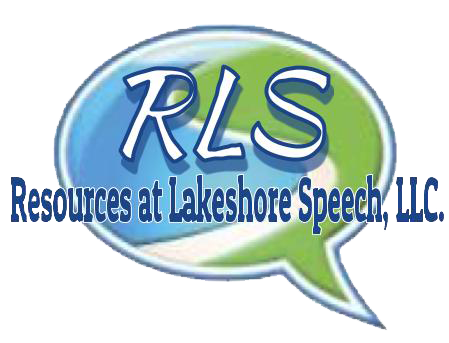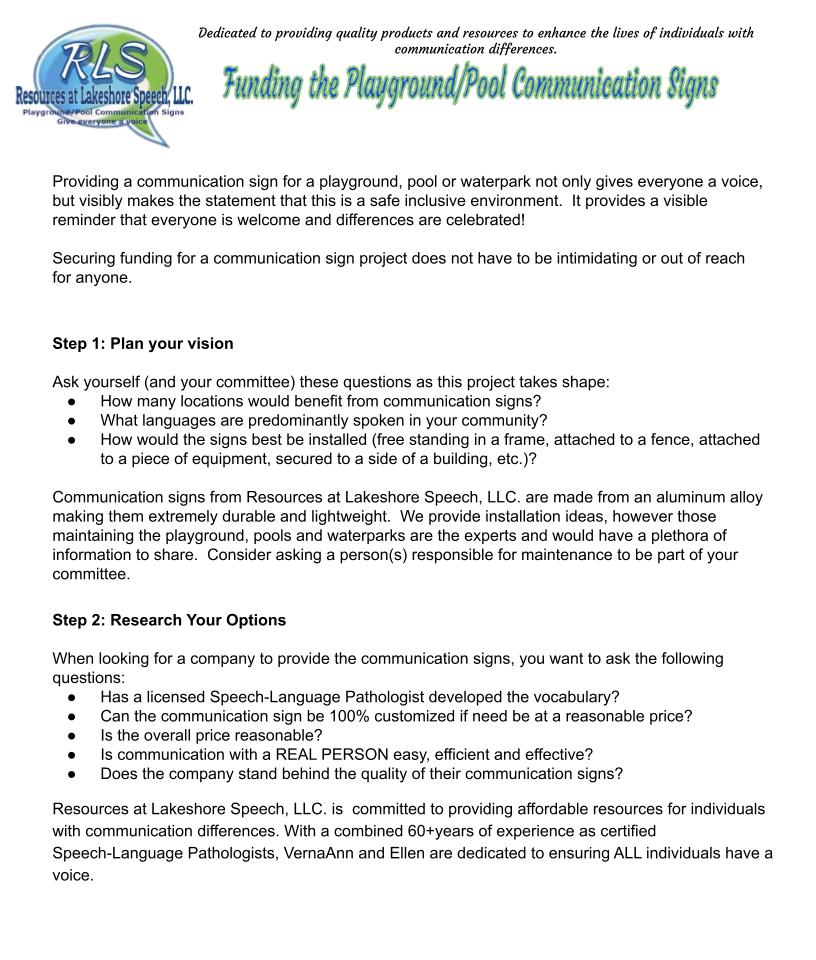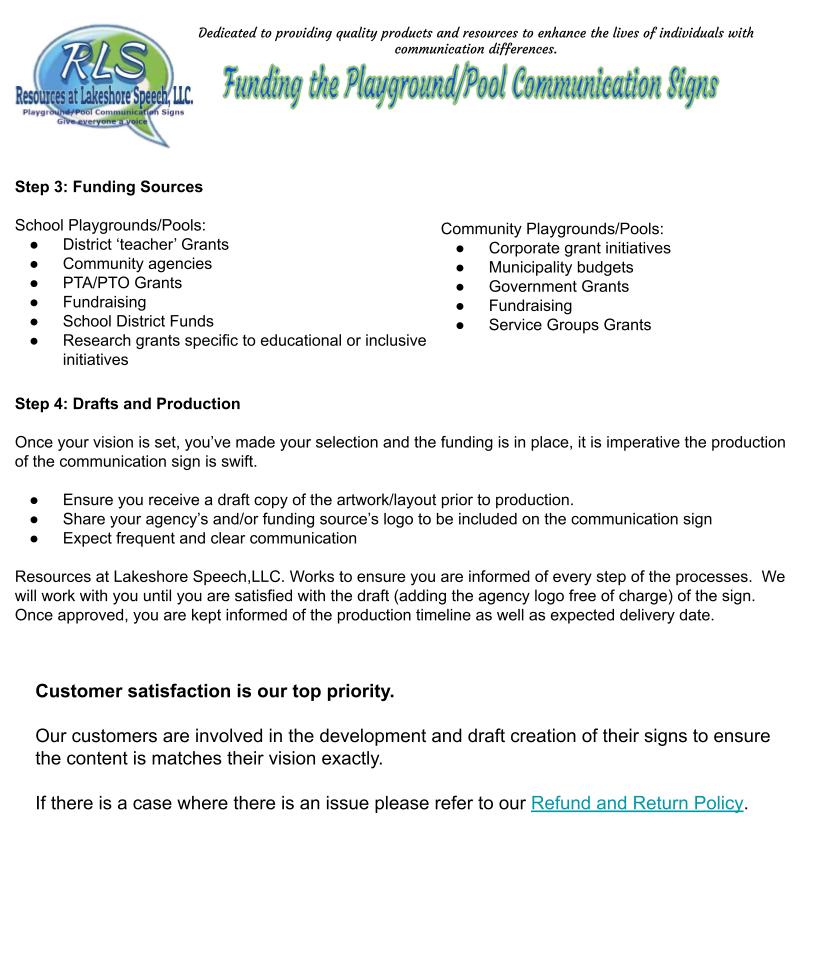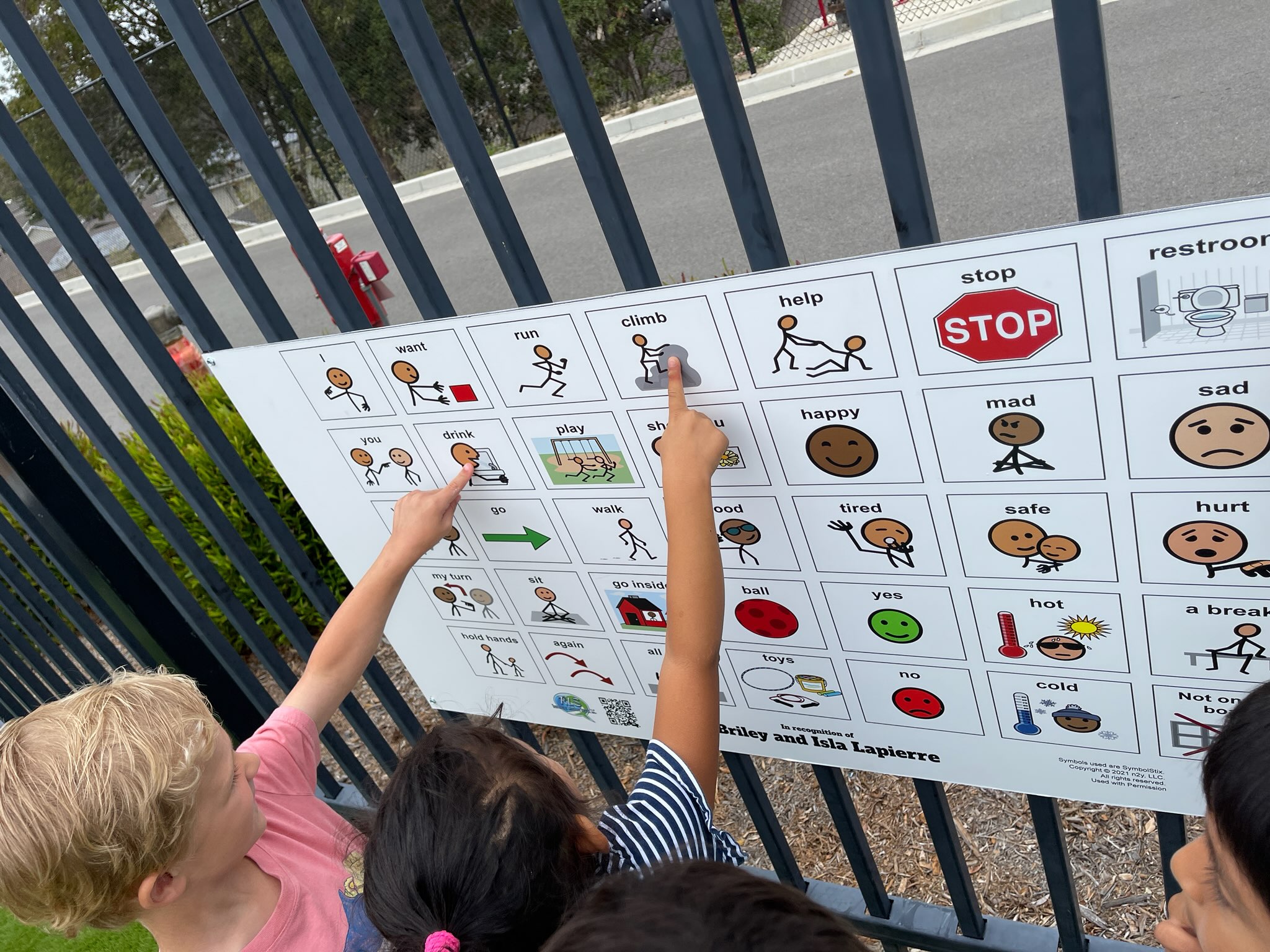Holidays can be a time when the normal routine is disrupted. It’s time to get back on track and follow your daily routine.
Continue readingDays Before Christmas
How to Prepare for Gift Giving and Receiving
Getting and giving gifts can be exciting but hard for some individuals. Preparing for this time of the year helps to make everyone’s celebration special.
Continue readingHow to Fund Playground Communication Boards
Help your Community – Shop Local
In a world dominated by large corporations, the importance of supporting small businesses cannot be overlooked. Choosing to shop small is a powerful decision that goes through communities, increasing economic growth, uniqueness, and a stronger sense of connection.
Continue readingSensory-Friendly Thanksgiving
Celebrating Thanksgiving with a child with Autism may require some preparations ahead of time and on the special day to ensure a comfortable and enjoyable experience.
Continue readingBe Spooktacularly Ready for Halloween with Speech Therapy
Discover how speech therapy can make Halloween a treat. Explore how speech therapy can help practice Halloween-themed conversations, boost confidence, and improve social skills.
Continue readingThe Power of Playground Communication Boards
Discover the significance of AAC Awareness Month in October and explore the transformative power of playground communication boards. In this insightful article, we delve into the world of Augmentative and Alternative Communication (AAC), shedding light on its importance for individuals with communication challenges. Learn how playground communication boards foster inclusivity, encourage social interaction, and promote language development among children, all while making outdoor play areas accessible to everyone. Join us in celebrating AAC Awareness Month and discover how these communication tools create opportunities for communication, empathy, and connection. Explore the ways you can support AAC initiatives and make a difference in the lives of those who rely on AAC, both on the playground and beyond. #AACAwarenessMonth #PlaygroundCommunication #Inclusivity #AACSupport
Continue readingLearning to be Social
The calendar doesn’t lie. How is it we are only 10 days away from Valentine’s Day!? With all the attention on sharing love and kindness on that day (as well as every day), we need to take a moment to pause and take into account the skills that bring people closer are really hard to learn.
Some loved ones pick up on social cues and nuances without issue and others require a very clear explanation. As parents, taking the time to frame acceptable and unacceptable behaviors for your family’s values is crucial. Society dictates a number of ‘unwritten’ rules, which makes learning these skills even more difficult for some. Providing a safe environment to discuss and process these ‘unwritten’ rules is important at every age of development. The American Speech-Language Hearing Association (ASHA) provide a nice resource for families focused on this area of speech and language.
Your friendly speech-language pathologist would be happy to help you and your family with any questions or concerns you may have related to social communication, social skills, or social pragmatics. Please feel free to give Kelly a call at 440-471-7190 to set up an appointment.
Yours in Speech,
Lakeshore Speech Therapy, LLC.
Special Gifts
This message is short and sweet. First and foremost an open apology for seemingly abandoning my post writing these blog message this month. While I wish there was a great explanation, but all I really can say is life definitely gets in the way of the best of intentions!
Second, we at Lakeshore would be remiss if we didn’t take a moment to thank each and everyone of our amazing clients and families. You appreciate your trust in us to provide your loved one’s therapeutic services. We are thrilled to have you all as part of our Lakeshore Family.
Lastly, please take a moment to look around to see all the amazing gifts in your world this holiday season. These gifts aren’t wrapped in festive paper with a bow. These gifts are wrapped with your arms and love. Enjoy these gifts this holiday as we will enjoy ours.
Happy Holidays!
Lakeshore Speech Therapy, LLC



















